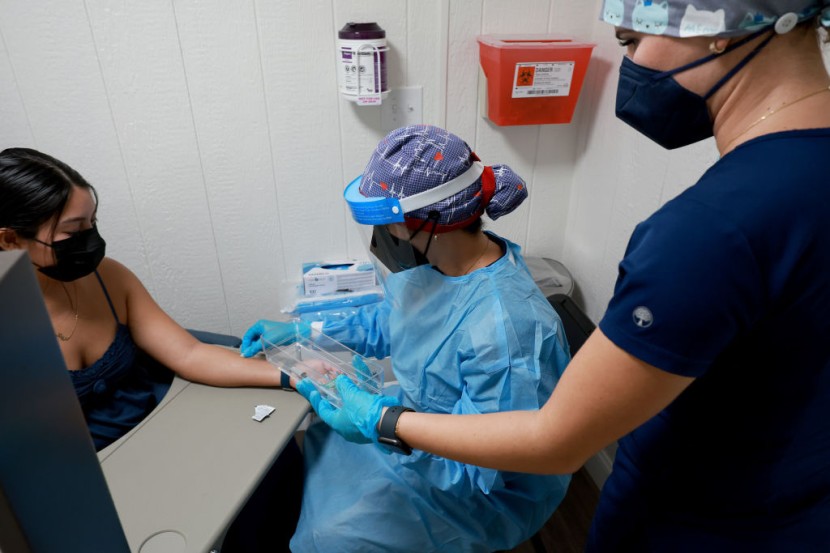
Since the beginning of August, there have been 40% fewer new monkeypox cases in the US, suggesting that the spread of the virus is winding down.
Data from the Centers for Disease Control and Prevention (CDC) indicated that from a daily average of 465 on August 10 to 281 on August 31, the seven-day average of newly reported cases had reduced, according ot a report from NBC.
Falling case numbers in major areas like New York City and Los Angeles are a major factor in the overall reduction in cases.
According to researchers, a large portion of the decline may be ascribed to deliberate behavioral adjustments made by the males who have sex with other men and those in their sexual relationships, who are most at risk for monkeypox.
Monkeypox Can Be Stopped
Research from the CDC showed a 50% decrease in unsafe connections, according to Dr. Jay Varma, head of the Center for Pandemic Prevention and Response at Weill Cornell Medicine in New York City. The New York City Department of Health reports that the number of cases decreased steadily over the whole month of August.
According to Dr. Varma, males who have sex with other men "take their health seriously." This is the result of extensive advocacy and understanding of the HIV pandemic.
The outbreak's initial cases were announced by the CDC in May. Since then, countrywide reports of around 19,000 cases have been made, the majority of which (16,241) occurred in August.
The introduction of immunizations could have also contributed to the drop. In parts of the nation that record such information, 352,675 doses of the monkeypox vaccination have been given as of August 30.
According to World Health Organization Director-General Tedros Adhanom Ghebreyesus, cases are also declining in European nations like Germany and the Netherlands, Medical Expresss reported.
He said it might be possible to get rid of the monkeypox virus, at least in Europe, with the right public health messages, vaccines, and treatments.
"This is an outbreak that can be stopped," the WHO chief noted.
Dr. Bruce Lee, a professor of health policy and management at the City University of New York Graduate School of Public Health, told NBC News that the decline is still "only one measure" of what is taking on.
Dr. Lee remarked that what experts "actually" need to know is how far the virus has gone geographically.
Behavior Change Plays Crucial Role
Caitlin Rivers, an epidemiologist at Johns Hopkins University, says that, because of the size and diversity of the United States, there is still a great deal of uncertainty over how the outbreak will play out in different regions of the country.
She stated in a Substack post on Friday that monkeypox case numbers in big, populous states like Texas, California, and New York that were hammered early in the epidemic are declining just as other states like Oregon, Virginia, and Indiana "begin to pick up steam."
Experts ascribe local and regional slowdowns to efforts to modify the behavior of homosexual, bisexual, and other males who have sex with men, who account for the great majority of cases, per NPR.
"Most of us in public health who work on this disease is quite confident that the majority of the reduction is due to change in behavior," Dr. Varma noted.
According to the technical assessment released on Thursday, around 80% of monkeypox cases at this time in the United States are linked to sexual behavior. Furthermore, information reveals that homosexual and lesbian populations are altering their sexual habits in reaction to information about monkeypox, which was released in the CDC's Morbidity and Mortality Weekly on August 26.
About 50% of respondents to one online poll stated that the monkeypox epidemic had caused them to cut back on "their number of sexual partners, one-time sexual encounters, or use of dating apps."
A CDC modeling research found that a 40% reduction in one-time sexual partnerships might delay monkeypox transmission and cut infection rates by 30%.
In a media briefing on August 26, Dr. Demetre Daskalakis, White House monkeypox response deputy coordinator remarked that the latest findings indicate that the "LGBTQIA+ people are doing things that are actually reducing their risk, and it's working."
Read also: : Scientists Test New Hormone Treatment To Improve Cognition For People With Down Syndrome
© 2026 HNGN, All rights reserved. Do not reproduce without permission.








